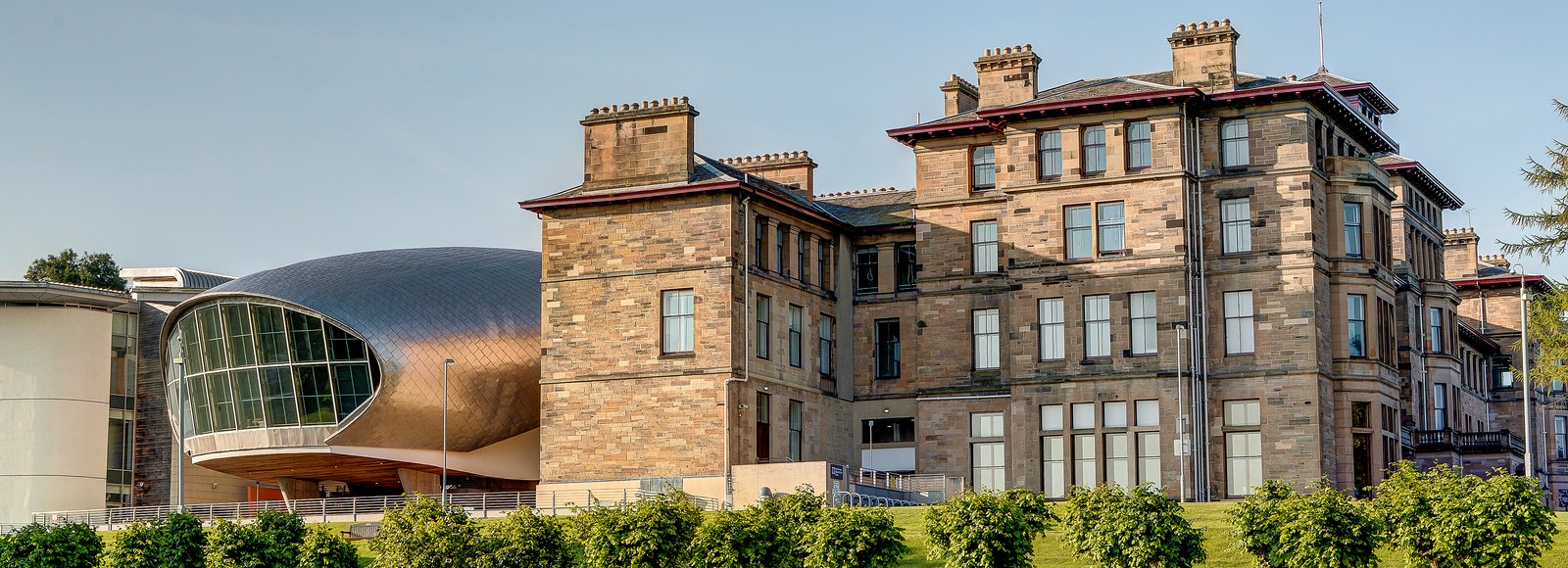- ...
Postgraduate Studentships - Search for funding opportunities.
Postgraduate Studentships - Search for funding opportunities.
Gain a comprehensive knowledge of how to use digital technologies to shape the future of sustainable cities.
This course is uniquely tailored to the demands of the global market, with a curriculum that’s in sync with advancements in AI, cloud computing, 4G/5G communication technologies, and the Internet of Things (IoT). This ensures you’ll be learning the most relevant and up-to-date content, preparing you for a successful career in this dynamic field. One of the key highlights of our program is the opportunity for specialization in high-demand areas such as robotics, sustainable energy, and cybersecurity, so you can tailor your learning journey to align perfectly with your career aspirations.
This programme is also enriched with practical sessions, facilitated by renowned professionals and experts in the sector. You’ll have the opportunity to collaborate with foreign institutions and companies, gaining hands-on experience and real-world insights that are invaluable in today’s job market. Our strong ties with internationally renowned industrial partners open a world of possibilities for networking and potential job opportunities.
At Edinburgh Napier University, we believe in supporting our students every step of the way. That’s why we offer comprehensive support in academic skills, language skills, and mathematics skills, ensuring you have all the tools you need to excel in this course.
Our MSc in Digital Technologies for Smart Cities isn’t just a degree – it’s a launchpad for a rewarding and impactful career in shaping the sustainable urban futures. Apply today and take the first step towards becoming a leader in the smart cities of tomorrow.
The entry requirement for this course is a Bachelor (Honours) Degree at a 2:2 or above. We look for applicants to have a background in engineering, physical sciences, mathematics or computer science in order to be eligible for the programme.
We may also consider lesser qualifications if you have sufficient relevant work experience within the industry.
See our website for fees
See our website for funding
In the era of urbanization, cities are the epicenters of innovation and growth. Graduates from the MSc in Digital Technologies for Smart Cities program are equipped with a unique set of skills that make them highly desirable in a variety of sectors. Here are some potential career paths:
Throughout the course, you'll delve into a diverse array of topics, from IoT and Autonomous Systems to Modelling and Computation for Smart Places. Through interdisciplinary projects and collaborative initiatives, you'll gain practical experience applying digital technologies to tackle real-world challenges in automation, energy, and networking.
Upon completion, you'll emerge as a visionary leader, equipped to shape the future of urban living through the strategic application of digital technologies. Whether you aspire to work in city planning, urban development, or technology consultancy, our MSc in Digital Technologies for Smart Cities will provide you with the knowledge and skills to make a lasting impact in the evolving landscape of urban innovation.
What does a Smart City Planner do?
As a Smart City Planner, you will utilize your strategic vision and technological expertise to shape the cities of tomorrow. In this role, you will be tasked with designing and implementing innovative solutions to enhance sustainability, efficiency, and livability in urban environments.
Your responsibilities will span from conceptualizing smart infrastructure projects to coordinating with various stakeholders, including government agencies, urban planners, and technology providers. You will find yourself leveraging cutting-edge technologies such as Internet of Things (IoT), data analytics, and artificial intelligence to create connected ecosystems that optimize resource usage, improve public services, and foster economic growth.
As a Smart City Planner, you will tackle complex challenges such as traffic congestion, energy consumption, and waste management, using data-driven insights to inform decision-making and drive positive change. Whether it's implementing smart transportation systems, deploying sensors to monitor air quality, or designing sustainable urban landscapes, your role will be instrumental in creating cities that are more resilient, equitable, and inclusive.
Your passion for urban innovation and commitment to sustainability will drive you to explore new possibilities and collaborate with stakeholders to realize the vision of a smarter, more livable future.
Modules that you will study* as part of this course:
* These are indicative only and reflect the course structure in the current academic year. Some changes may occur between now and the time that you study.

Whether you want to move up in your career, or onto a new one, our innovative, industry-focused postgraduate courses can give you the skills you need ...
Sign up to Postgraduate Studentships
Sign up to compare masters
Thanks for making your selection. Click below to view your comparisons.